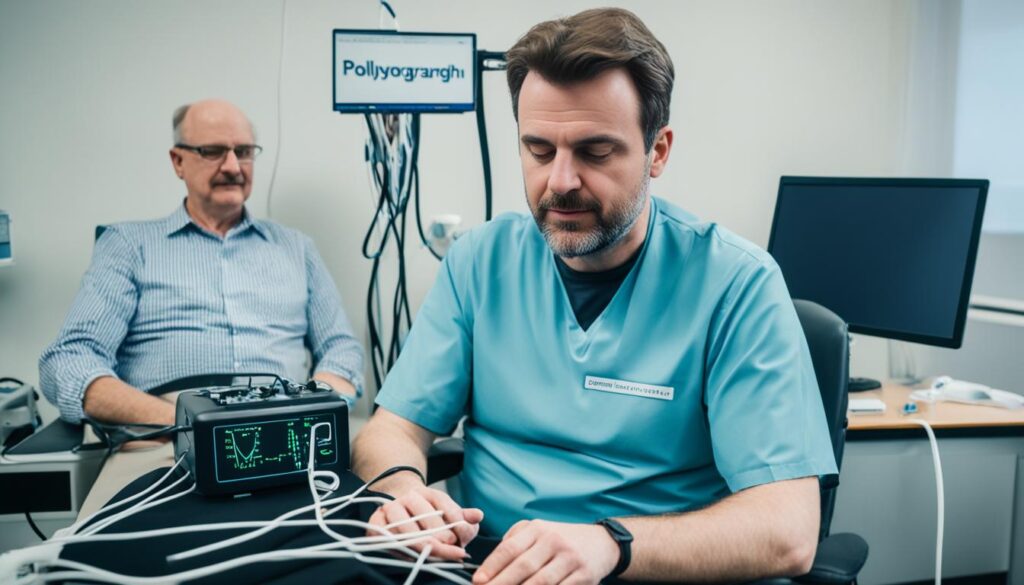The Role of Lie Detector Tests in Relationship Trust Issues

In each kind of relationship—romantic, family, or business—trust is the foundation. On the other hand, broken trust can cause major emotional pain and conflict. One of the devices that has evolved to handle trust problems is the Lie Detector Test Massachusetts residents often turn to, also known as a polygraph test. Typically associated with criminal investigations, lie detectors have found their way into personal lives as individuals seek confidence and clarity.
Understanding Lie Detector Tests
Lie detector testing measures physiological reactions to queries like blood pressure, heart rate, and sweating. The basic presumption is that fake reactions cause observable physical changes. It can be used in the framework of relationships to confirm assertions of honesty, allegiance, or intentions. Although the findings are not perfect, those who doubt the honesty of their partner can find use for them. Because this test adds a degree of responsibility, its psychological effects can also inspire people to be more honest.
Addressing Trust Issues

Lack of trust can lead to a suspicious and anxious workplace, but a potential solution to these problems may be found in lie detector tests. They might serve to lower uncertainty and promote honest communication by offering a concrete way for verifying or rejecting worries. Couples might discover that doing a polygraph test together promotes cooperation and honesty-oriented commitment. Rebuilding trust might benefit from this approach since it helps partners to face their doubts and worries in a positive way.
Limitations and Considerations
Though they offer insights, lie detector exams are not without restrictions. Many elements can affect the accuracy of polygraph examinations, including the examiner’s expertise, the emotional condition of the subject, and the particular questions asked. False positives also result from some people responding to stress rather than dishonesty. Couples should give these restrictions some thought before choosing this test. Addressing trust problems also depends on open communication and honest conversations about emotions and worries; so, reliance on technology should not take front stage.
Lie detector tests provide a means of confirming honesty and promote honest communication, helping to resolve trust problems in relationships. A Lie Detector Test Massachusetts can be a valuable tool in these situations, but they shouldn’t be seen as an ideal fix for trust issues. The success of these tests usually depends on the openness of both parties to have honest communication and deal with fundamental problems. Developing trust ultimately requires constant work, empathy, and a dedication to openness from both people.
In each kind of relationship—romantic, family, or business—trust is the foundation. On the other hand, broken trust can cause major emotional pain and conflict. One of the devices that has evolved to handle trust problems is the Lie Detector Test Massachusetts residents often turn to, also known as a polygraph test. Typically associated with criminal investigations,…
Recent Posts

